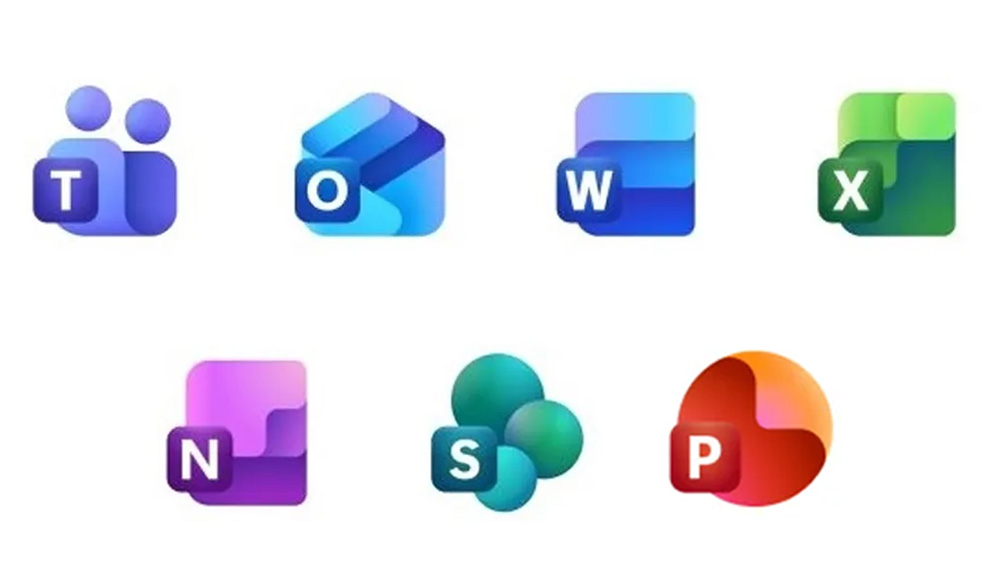Apple Secures Top Position in Global Smartphone Sales Amid Economic Challenges

In an impressive display of market performance, Apple has claimed the leading position in global smartphone sales during the first quarter of 2025, driven largely by the successful launch of the iPhone 16e. This surge in sales is particularly notable in key markets such as Japan and India, where demand for Apple's latest offerings has been robust. The findings were disclosed by Counterpoint Research on Monday, highlighting a significant moment for the tech giant.
Importance of the Development
The significance of Apple's achievement is underscored by the broader context of the smartphone market, which is facing potential decline. Analysts from Counterpoint predict that the overall smartphone market might experience a downturn this year, primarily due to prevailing economic uncertainties and the ongoing trade tariffs implemented by former U.S. President Donald Trump. These tariffs have created a ripple effect within the market, leading to a less optimistic economic outlook and raising concerns about inflation.
The turbulent macroeconomic environment has a direct impact on consumer behavior. Many potential buyers may choose to delay their smartphone purchases, apprehensive about the fluctuating economic conditions. This delay can disrupt the supply chain and heighten trade risks, which could further strain the market, as outlined in the report.
Insights from Experts
In discussing these trends, Ankit Malhotra, a senior research analyst at Counterpoint, noted, As per our current estimates, the tariff announcement did not lead to a major demand increase because of the uncertainty around tariffs and policy. Since tariffs were announced in April, it did not impact iPhone demand in Q1 2025. This statement reflects the complex interplay between consumer expectations and the economic landscape.
Market Metrics
Despite the challenges, the global smartphone market did see a modest growth of 3 percent in the first quarter of 2025. However, the outlook remains cautious, with Counterpoint projecting an overall decline for the year. Following Apple, Samsung emerged as a strong contender, securing an 18 percent share of the market. Other notable brands include Xiaomi, which has maintained its sales momentum, while vivo and OPPO rounded out the top five positions in the competitive landscape.
As the smartphone industry navigates these economic headwinds, the dynamics of consumer choice and macroeconomic conditions will undoubtedly continue to play a crucial role in shaping future sales trends.
























